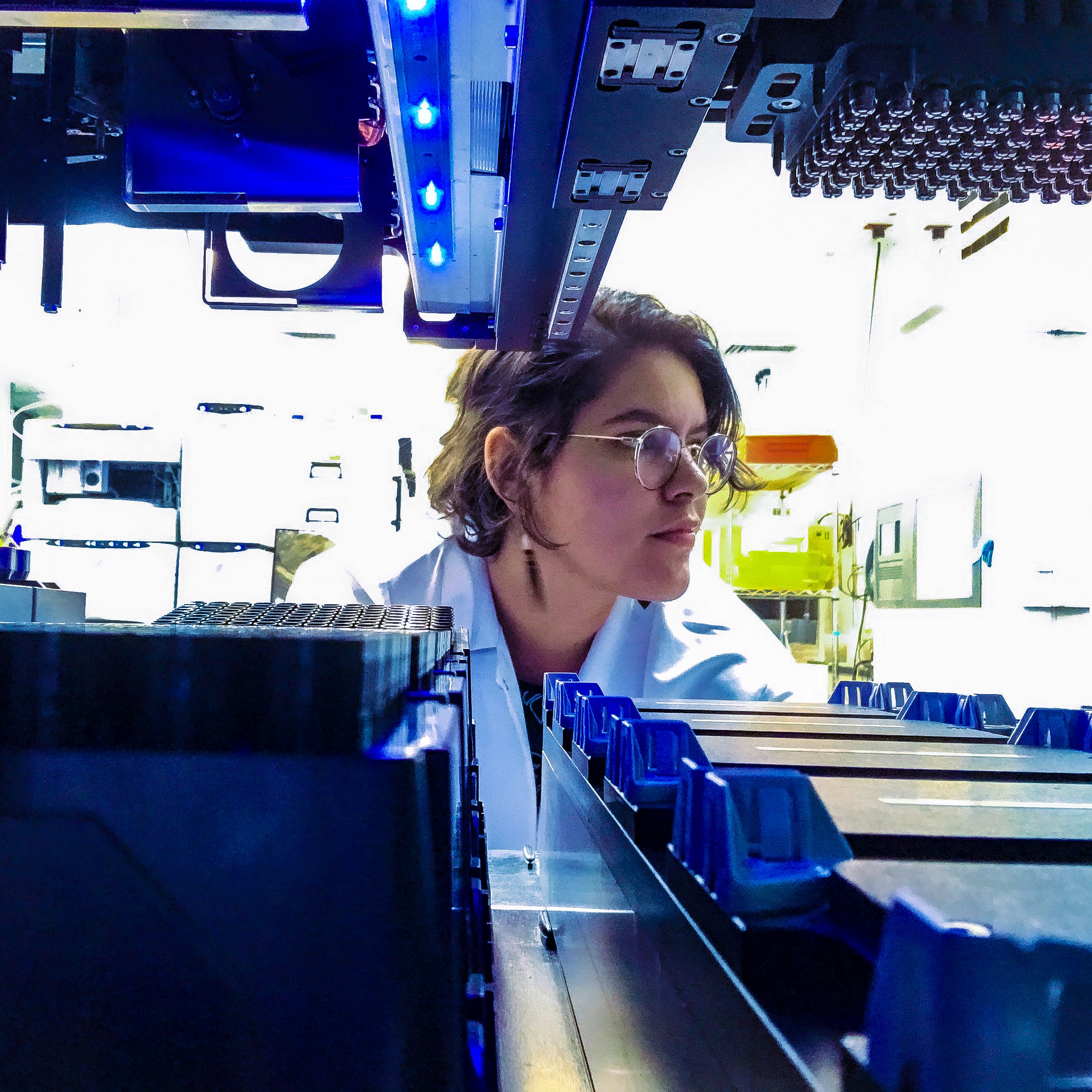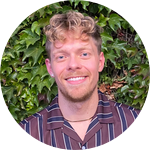About This Project
Delivering best-in-class enzymes for biomanufacturing.
Ask the Scientists
Join The DiscussionWhat is the context of this research?
Biomanufacturing offers a sustainable supply chain of everyday products, from our food to life-saving therapies, replacing fossil fuels and reducing carbon emissions with precision fermentation[1,2]. Valued at 1 trillion dollars and projected to grow to 30 trillion[3], the bioeconomy will reshape entire industries. Despite its breakthrough promise, scalability is a challenge. Our lab has two decades of experience engineering microbial factories. A highly complex enzyme, the cytochrome P450s, is a common bottleneck across multiple biomanufacturing applications[4,5]. Its poor activity leads to microbial production loss, making bioproducts economically unviable. To unlock and scale a new era of sustainable products powered by biology, making enhanced P450s biocatalysts is essential.
What is the significance of this project?
P450s are hard engineering problems due to their structural complexity and intricate electron transfer sourcing via redox partners[6]. Despite being a driving force of the chemistry of life, its poor kinetics and processivity limit its application [7]. In commercial biotech, companies tackle the challenge of enhancing one P450 enzyme at a time by testing thousands of homologs or mutations through sophisticated automation, a costly strategy inaccessible to labs. We propose using novel machine learning tools to accelerate P450 optimization at a fraction of the cost, building a versatile framework for diverse enzyme scaffolds. Our pipeline will enable the rapid delivery of enhanced industrial biocatalysts, debottlenecking biomanufacturing towards scalability and sustainability.
What are the goals of the project?
What if, by engineering one highly functional P450, we uncovered the data to enhance an entire family of enzymes?
Round 1: Deploying ML for the engineering of a P450
- We will benchmark ML tools[8,9] to predict P450 protein fitness using sequence diversity as an input.
- We will select 100 mutations targeting the improved activity of one representative of the most ubiquitous and diverse family of P450s: the CYP716[10].
Round 2: A framework for P450 optimization
- We will transfer and combinatorially stack[11] the top 5 beneficial mutations to the corresponding modifications in diverse scaffolds from the CYP716 family, delivering best-in-class P450s for various biomanufacturing applications.
Budget
The funding will cover the lead researcher's PhD stipend.
Meet the Team
Team Bio
This project is led by Maria Astolfi (PhD researcher at UC Berkeley and former engineer at Ginkgo). It is made possible through a collab with former Google (Jacob Roberts) and Zymergen (Stephen Tan, Sam Yoder) engineers, bringing state-of-the-art expertise in ML and automation. Enzymology is led by Dr. Graham Hudson, a chemist with extensive authorship. This project is advised by UC Berkeley Prof Jay Keasling, hosted at JBEI.
Maria Astolfi
I am an engineer who builds purpose-driven tech with biology.
A decade ago in 2013, I co-created the first SynBio Lab in the Amazon region (Brazil) with a mission to weave together biodiversity and cutting-edge tech to protect the rainforest. Our projects were backed by Google and won awards at MIT competitions. In 2018, I joined Ginkgo Bioworks in Boston (USA) to make biology easier to engineer with automation and artificial intelligence. To bring benefits back to where I am from, I co-founded and ran a non-profit program, #DesignWithBiology with the iGEM Foundation, that partnered with Ginkgo and Opentrons, reaching +1500 people from 15 countries.
I am pursuing my PhD in Bioengineering with Prof. Jay Keasling at the University of California in Berkeley and San Francisco.
Graham Hudson
.
Jacob Roberts
.
Stephen Tan
.
Project Backers
- 0Backers
- 100%Funded
- $50,000Total Donations
- $0Average Donation



